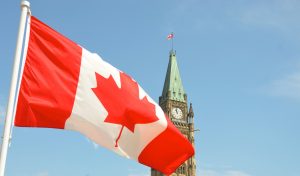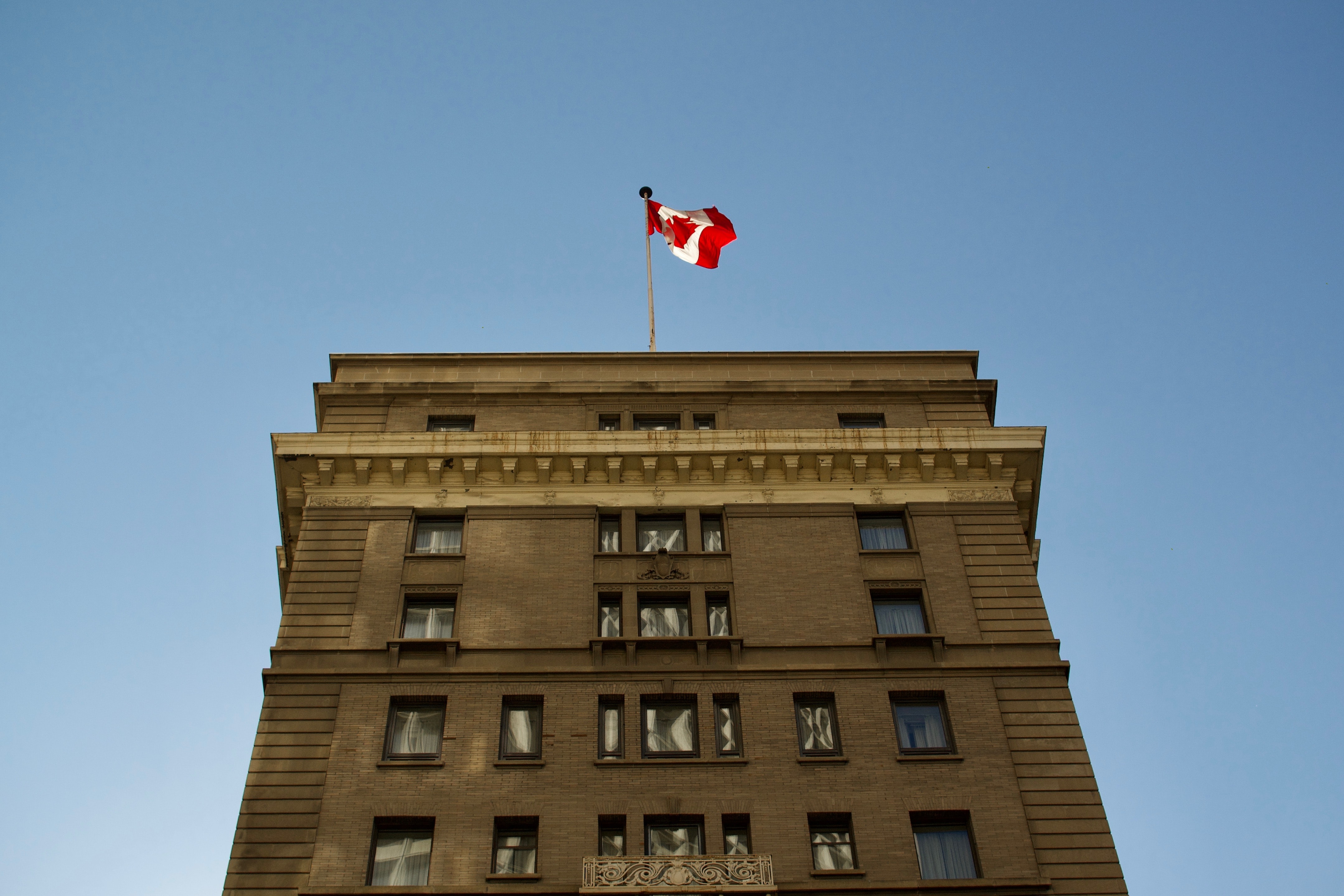Advocates suggest B.C. institute Dr. Henry’s proposed reforms to curtail escalating overdose rate.
Canadian drug abuse advocates are asking B.C.’s government to decriminalize illicit drug use in order to curtail overdose deaths instead of waiting for the federal government to come up with a plan. B.C. Premier John Horgan asked that personal possession of illegal drugs be decriminalized at the federal level in August after the area experienced a record number of fatalities. However, broadcaster Garth Mullins called his efforts no more than a “shell game” to shift blame away from local authorities.
“Last year Provincial Health Officer Dr. Bonnie Henry said the B.C. government shouldn’t wait on action from Ottawa around decriminalization,” Mullins said. “Anytime the Premier of B.C. opens his mouth to call for (federal) decriminalization, it comes with a lot of subterfuge. If he’s saying he’s pro decriminalization, he’s not, because he’s not using his own powers to do it. So, to see senior members of the provincial government walking out and wringing their hands about the overdose numbers when there are moves that they could make, and that they’ve known they could make for some time, and haven’t – that rings false.” Dr. Henry’s recommendations could have been put into place last year, added Mullins.

Henry’s decriminalization report, Stopping the Harm, “provided a blueprint for provincial action, that could bypass the need for the federal government to make changes to the Controlled Drugs and Substances Act (CDSA),” said attorney Scott Bernstein, of the Canadian Drug Policy Coalition. “The province’s failure to act on Henry’s recommendations around decriminalization and the overdose crisis contrasts sharply with its willingness to follow her every advice in dealing with the pandemic. We will follow Dr. Henry off of a cliff for one public health emergency, but somehow she’s just not credible when she offers advice about the other one.”
According to Henry’s report, B.C.’s Solicitor General Mike Farnworth could set law enforcement guidelines which would connect users to healthcare or social services while issuing administrative penalties, instead of criminal charges. The report also recommended the province’s government act quickly. “Immediate provincial action is warranted, and I recommend that the Province of BC urgently move to decriminalize people who possess controlled substances for personal use,” Henry wrote.
“The B.C. government appears to be very adamant in not making these changes and continuing to follow a criminal justice approach,” Bernstein said. “We’ve tried that for over 100 years, and it’s led us to disaster after disaster.”
In July the province formed a special committee to examine and make recommendations around updating the B.C. Police Act. “The special committee has been tasked with making recommendations on the role of police with respect to complex social issues, including addictions and harm reduction,” the Ministry of Public Safety stated. “So, we will be looking at the best way to support vulnerable people and the police’s role in that.”
Some of the at-issue pieces of the act include prohibition and punitive based measures around the personal possession. Criminalization increases “the spread of communicable disease, stigmatizes those who use drugs, and increases drug related deaths,” Henry’s report states. The sooner B.C.’s government gets on board with implementing changes, the sooner these issues will be adequately addressed.
Bernstein believes any would-be changes are far too slow. “Neither the federal government, nor the provincial government, are taking the reins to say this is something we need to do given we’re in dual public health emergencies,” Bernstein said. “People are dying. And we need to take some action.”


Join the conversation!